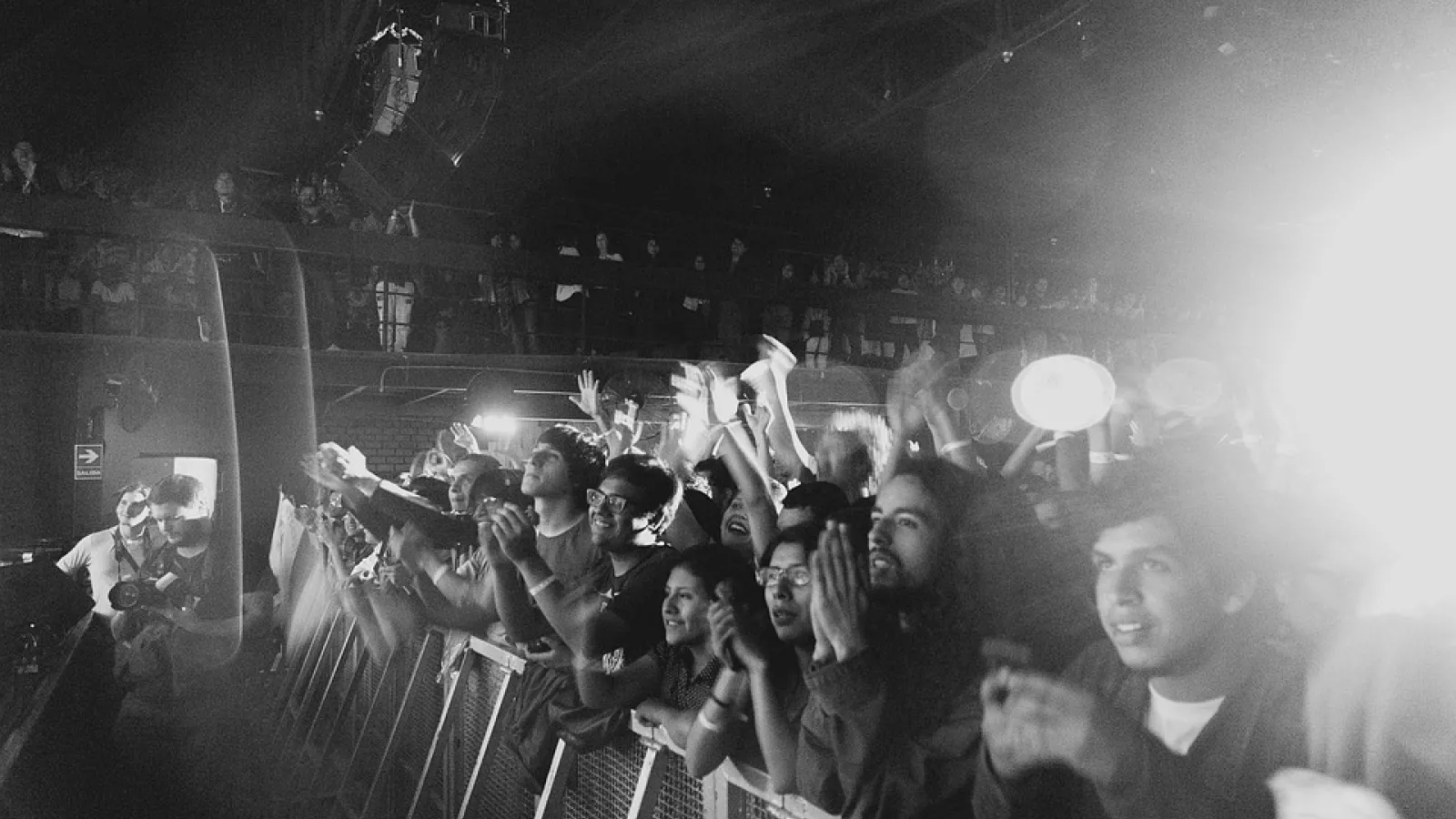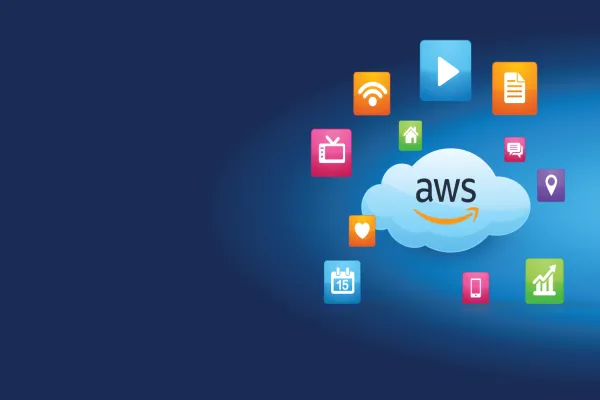Reading and Entertainment has always been a social activity, print took to digital and digital to being connected. The emphasis on social and collaborative reading has garnered a lot of enthusiasm.
Much has been studied by scholars on this front about the impacts but the question remains as to What will the future of Publishing hold?
Kevin Kelly describes his thoughts about what the future holds in “What Books Will Become ":
“Prototype face tracking software can already recognize your mood, and whether you are paying attention, and more importantly where on the screen you are paying attention. It can map whether you are confused by a passage, or delighted, or bored. That means that the text could adapt to how it is perceived. Perhaps it expands into more detail, or shrinks during speed reading, or changes vocabulary when you struggle or reacts in a hundred possible ways”.
Determining what the readers want is a difficult task, and the Media and Publishing industry is looking out for something that is in tune with the times. When technology is built for publishers broader aspects of disruption like Artificial Intelligence. Working with AI throws at us questions which are yet to have better answers from human prospects.
Downfall of the traditional news publishing industry
Traditionally news used to be about what has already happened, but today it is more about predicting what will. People are no more just pay to passively look through pages of texts but are engaging, interacting and popularizing information digitally. And there has been a massive fall in paid circulation from 1990 to the early 2000s.
Why has this happened?
Because one size doesn’t fit all. Personalization needs to be in practice and it needs to be real time. We are all focused towards experiences because that is what will drive user engagement. Clubbing AI and Real Time Personalization will be big and will take user engagement to bigger heights. Based on previous user data or real time tracking Publishers will have the ability to serve readers what spikes their interest right at that point. Machine Learning will help to enable personalization of content in real time.
What is the relevance?
Content creators, publishers, and their audience will be influenced by search engines and more relevant information. But like we have been thinking, it will not overthrow journalists. What it will do is produce content in more volume.
Take a look at Netflix, because we are all familiar with it. It started way back in 2006 with the announcement of The Netflix Prize:
“In 2006 we announced the Netflix Prize, a machine learning and data mining competition for movie rating prediction. We offered $1 million to whoever improved the accuracy of our existing system called Cinematch by 10%. We conducted this competition to find new ways to improve the recommendations we provide to our members, which is a key part of our business.”
What Netflix did way back then has been getting better and today they use ML to continuously improve user experience through personalization. They published an article on the recommendation system Netflix Recommendations: Beyond the 5 stars and this relates to the industry in a much deeper manner because here the end user plays the ultimate role to shape the content being displayed or recommended.





